
The Worst Advice Given by Parents
Most parents strive to be great at parenting. We want “the best” for our kids so they grow up to be successful. However, research has shown that successful kids don’t come from what has classically been doled out as parenting advice. Healthy eating habits, self-control, social skills, and compassion for others are trademarks of a “successful” child.

How to Stay Informed Without Becoming Overwhelmed
Many, if not every therapist and therapy client are currently facing some version of the question: “How can I stay informed without being constantly overwhelmed by the news cycle?” The answer to this question is specific to each individual, but there are a number of suggestions to help form your own answer to this question. Examining your relationship with news and media consumption is worth doing, especially if you’re finding it hard not to become overwhelmed, despairing, anxious, and angry when checking the news. The most recent American Psychological Association’s Stress in America™ poll shows that political and economic stressors are the highest sources of stress in adult Americans in 2024. The following 6 tips may help you fix your relationship with news consumption.

What Parents Should Expect of Their Child’s Therapy
Your child needs therapy, and you aren’t sure what to expect. Maybe you’ve never personally been to therapy, or maybe you had a negative experience with it, and you’re not sure what it will be like for your child. You are understandably uncertain and may be apprehensive about bringing your child to a new therapist. You’re more familiar with the dynamics of parent-teacher conferences or sitting in on your child’s doctor’s appointments. Therapy is unique in a lot of ways, especially concerning the treatment of your child’s mental health. This post outlines some things you can expect to experience when you take your child to meet with a therapist.
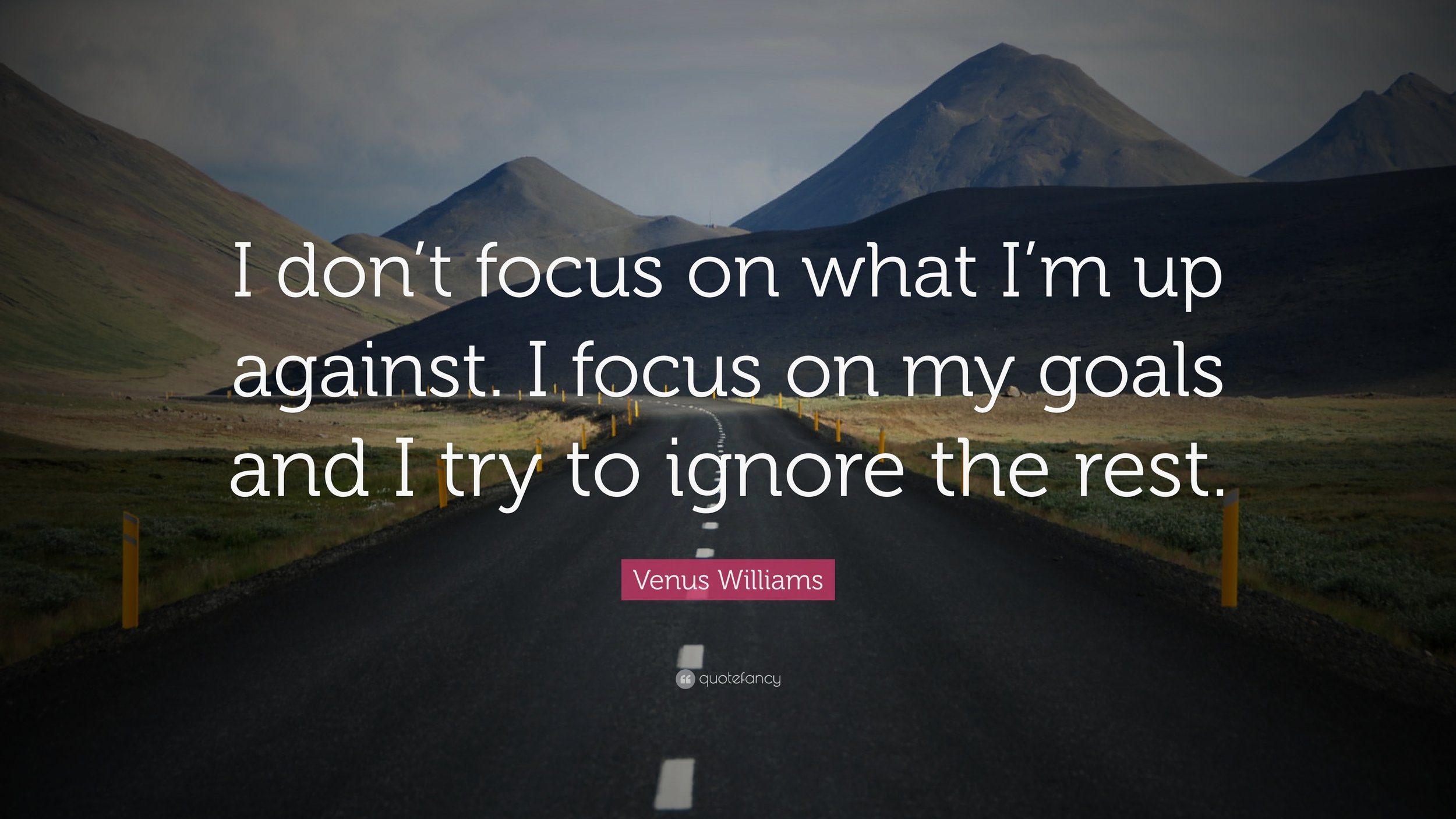
How to Set Boundaries in 3 Steps
At what point do you start to feel like a situation or interaction is uncomfortable? Do you feel you are being taken advantage of? Perhaps you’re pushing yourself beyond your limits out of guilt, or someone has crossed a boundary.
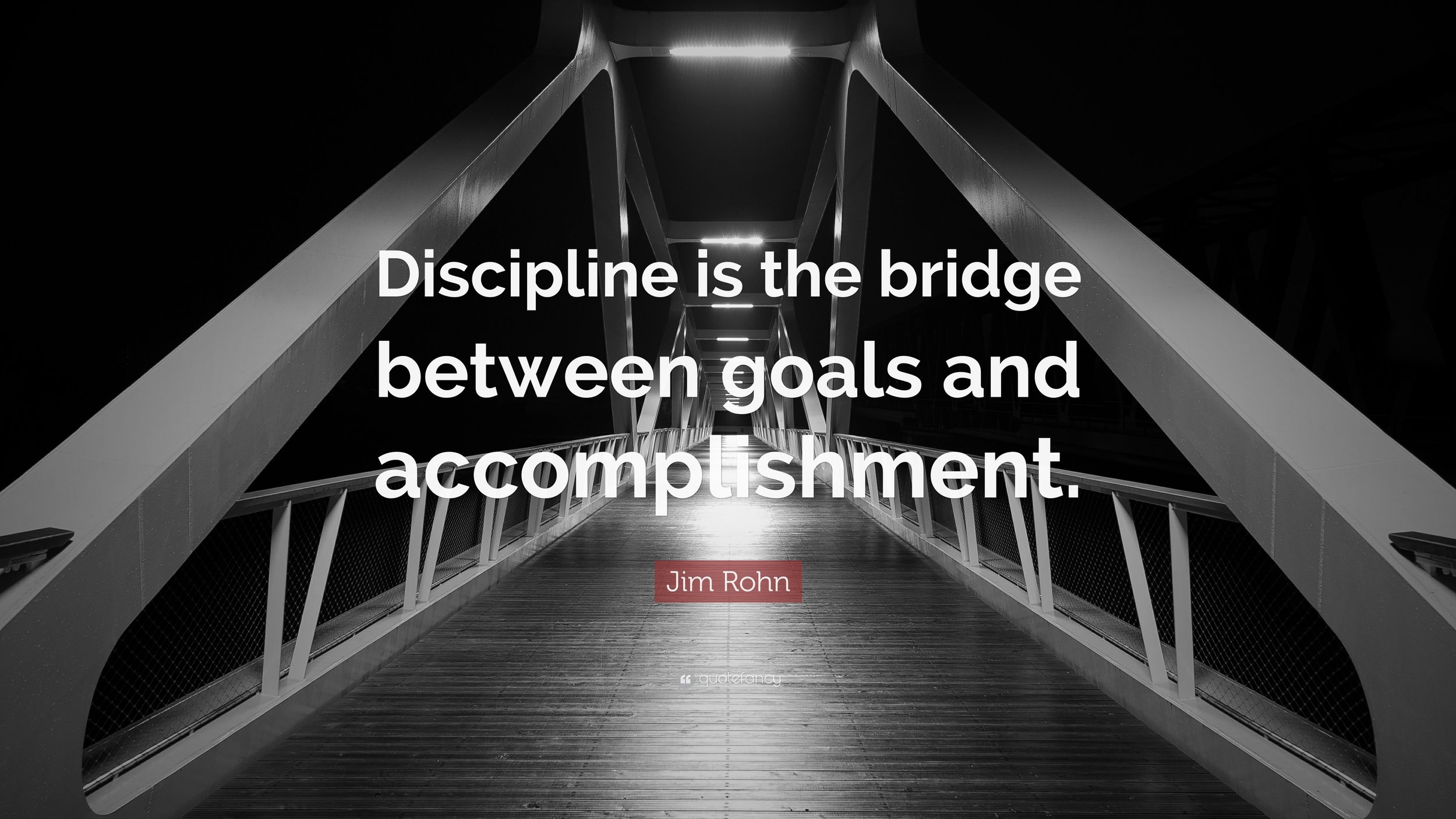
Cognitive Behavioral Therapy (CBT) Exercises You Can Do At Home!
At its simplest, CBT is designed to change unhelpful thoughts, beliefs, attitudes, and behaviors to improve emotional regulation and solve problems with coping strategies. In other words, with practice you can change negative thoughts (“I am terrible at everything I do,”) to thoughts that allow for positivity and growth (“I didn’t do as well as I hoped but I will be better next time”). Over time, you will become more self-confident and have a better outlook on life. Reaching your goals will suddenly become a much easier task. A therapist can help you through the process of deconstructing and redirecting negative thoughts and behaviors, but there are many ways you can get started at home.
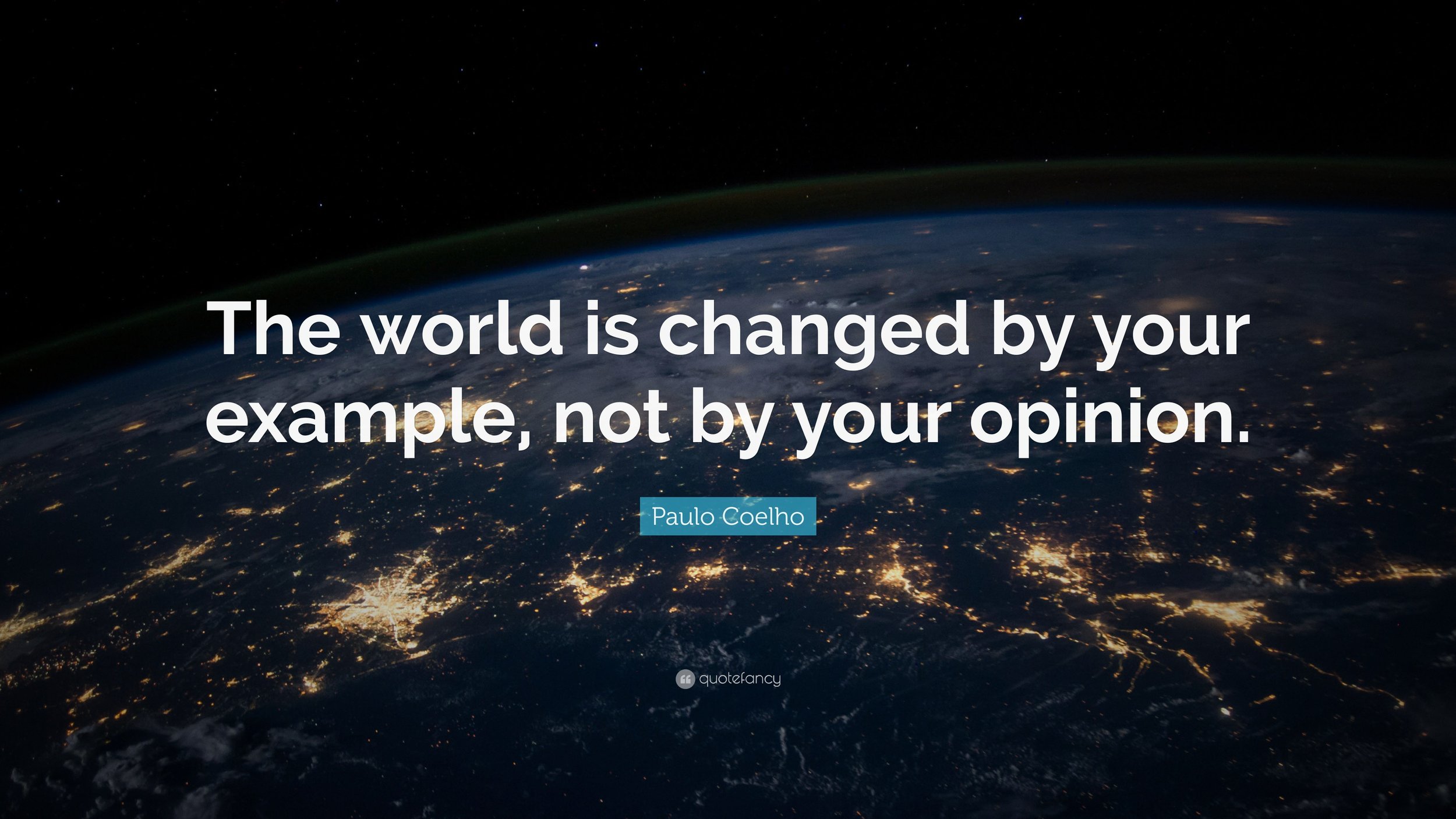
Limit or Permit?: A Parents’ Guide for Monitoring Social Media
Having a conversation with your kids about online safety rules is a crucial step. This will help your kids grow up using social media wisely. This post is intended to act as a guideline for parents who share some of these questions about when to limit or permit their kids’ online activity.
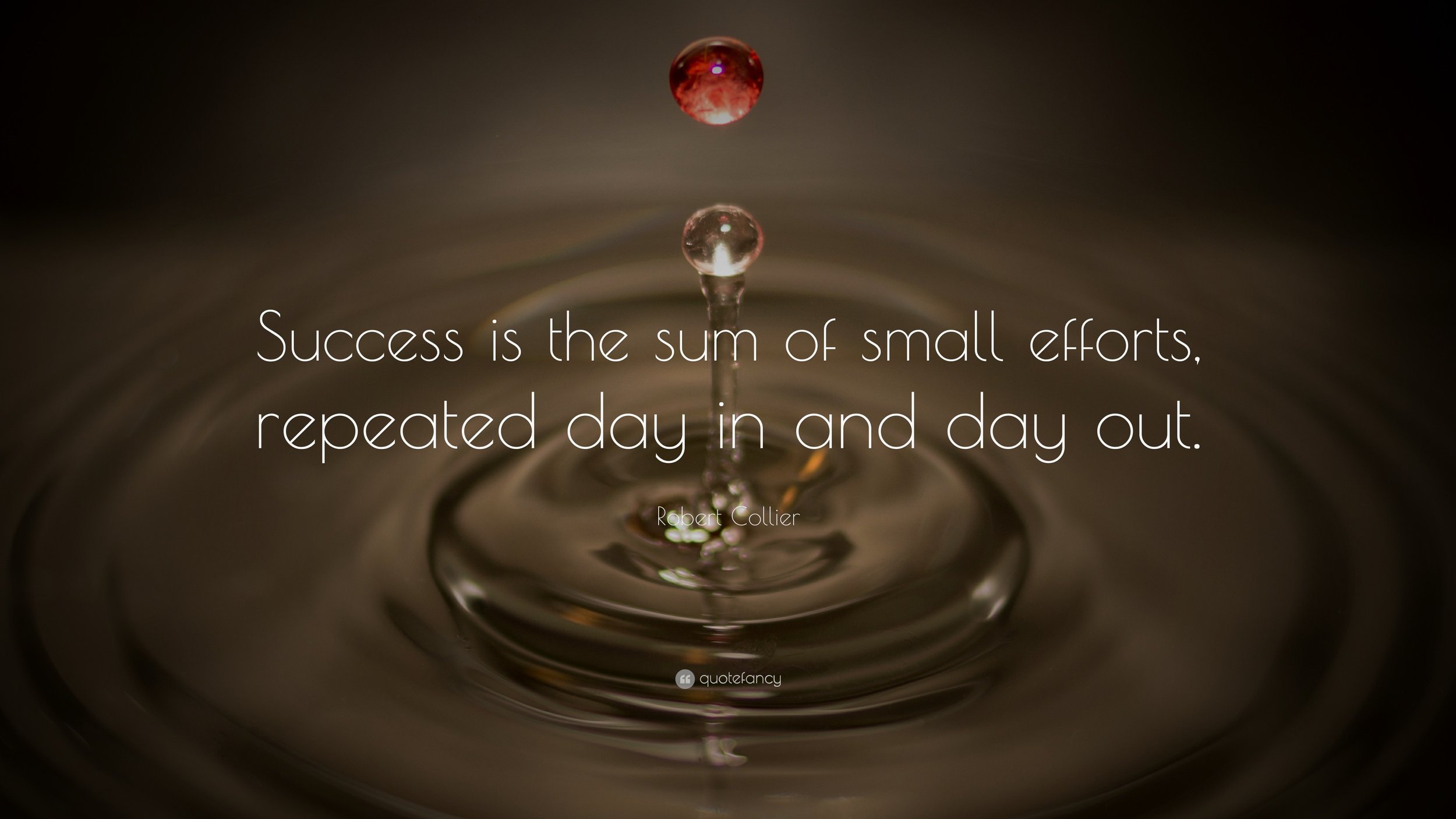
This is Your Brain on Meditation
If you hear the word “meditation” and think “that’s not for me,” “I can never get my thoughts to quiet down,” or “I don’t have time for that,” you are far from alone. You might picture someone sitting (or laying) with their eyes closed and an unmatchable willpower to simply send their thoughts packing. While this image isn’t entirely wrong, it certainly isn’t the only type of meditation.

A Study in FOMO
The fear of missing out has predated social media, but not by much. Social media has thrown FOMO into the spotlight since everyone can experience a daily dose of seeing the highlights of someone else’s day. In fact, the more that people use social media like Facebook morning, noon, and night, the more they tend to experience FOMO. But FOMO doesn’t originate from social media use alone. It also comes from general unhappiness and life dissatisfaction.

This is Your Brain (Walking) on Sunlight
To benefit from sunlight, the World Health Organization recommends getting brief, direct sun exposure for 5-15 minutes a couple times per week. This will help you receive a vitamin D boost and regulate serotonin levels.
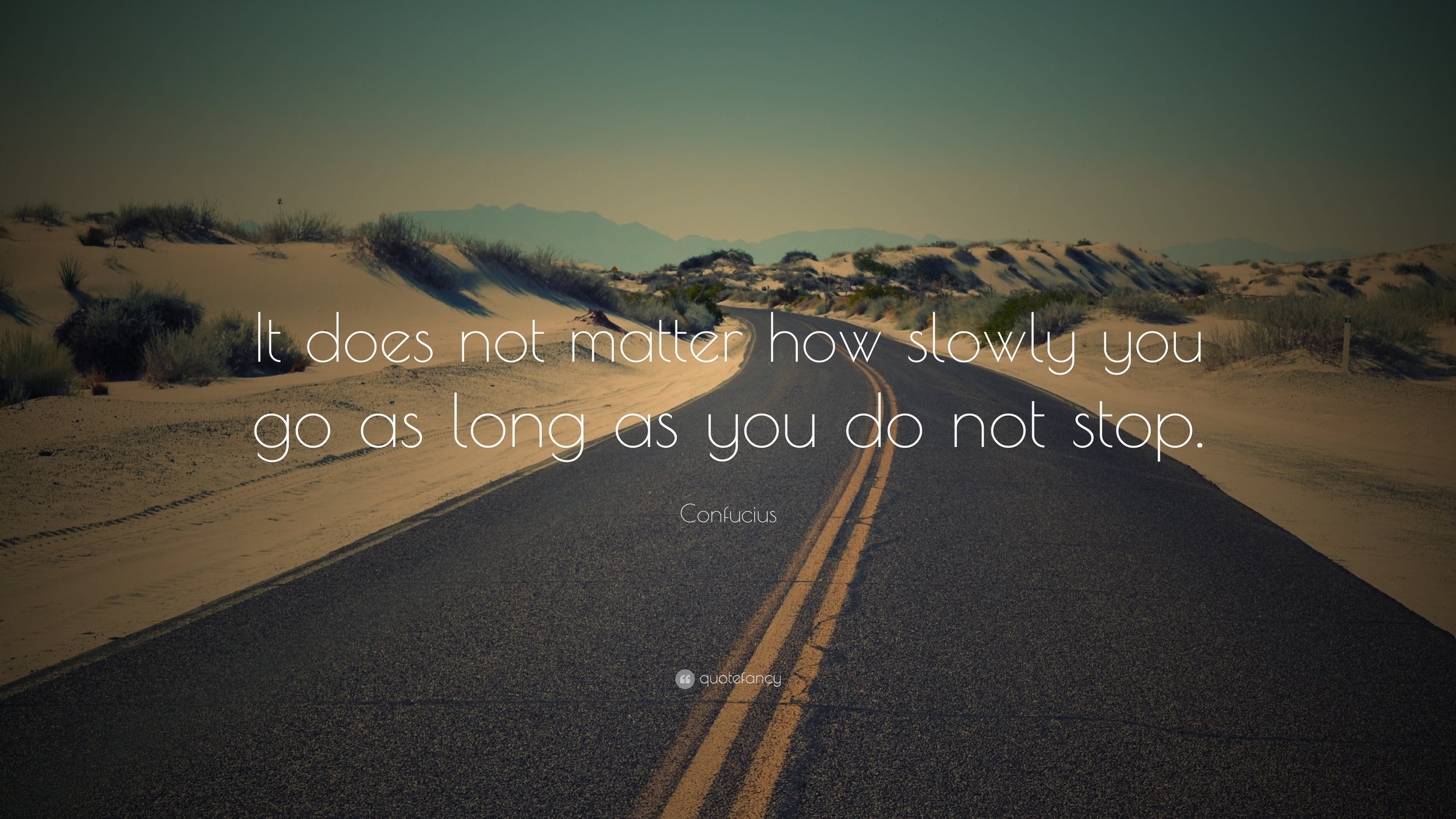
Laziness is a MYTH
For the most part, saying someone is being “lazy” is assigning a character judgment to them. This person has two options: either they continue saying that they’re just “lazy” because that has been determined as a part of who they are as a person, or they continue being labeled as “lazy” but they feel bad about it. This is a difficult pattern to break. By calling ourselves “lazy,” we are assigning the appropriate punishment for this terrible characteristic. By calling others “lazy,” we get the satisfaction of placing blame on them.

It’s Time to Revisit Your Boundaries
Creating and maintaining healthy boundaries also leads to better self-esteem, more independence/agency, and more emotional energy. Instead of becoming drained by things you don’t necessarily want to be doing, you get to choose how your energy gets used.
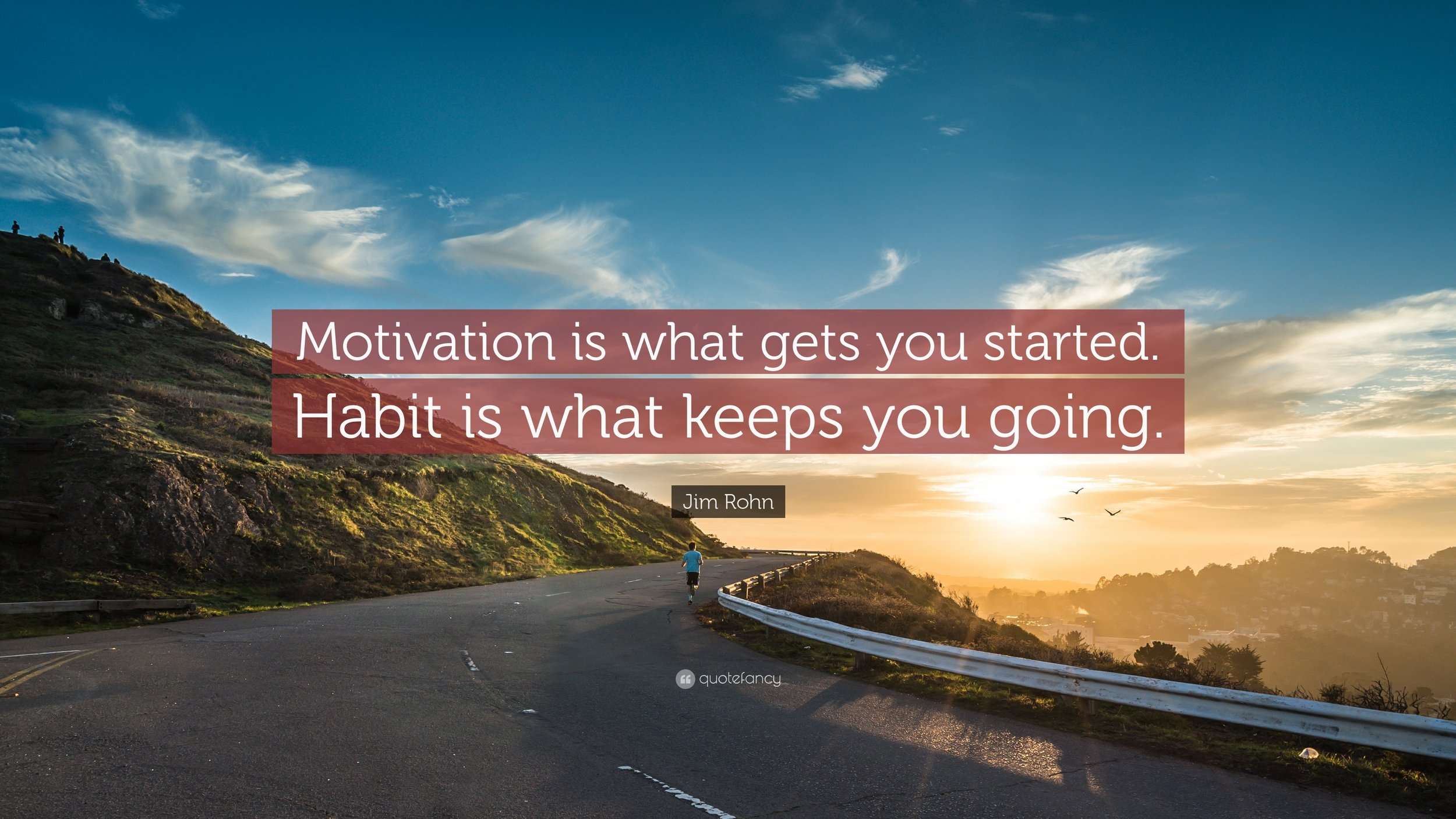
Academic Burnout
The difference between the typical stress of the adjustment period of starting a new school year and burnout is how long these symptoms accumulate without adequate strategies or support for coping with the stress. If people are not able to successfully cope, they can end up suffering mentally, physically, and emotionally for months or years on end, which is not sustainable to our wellbeing.
